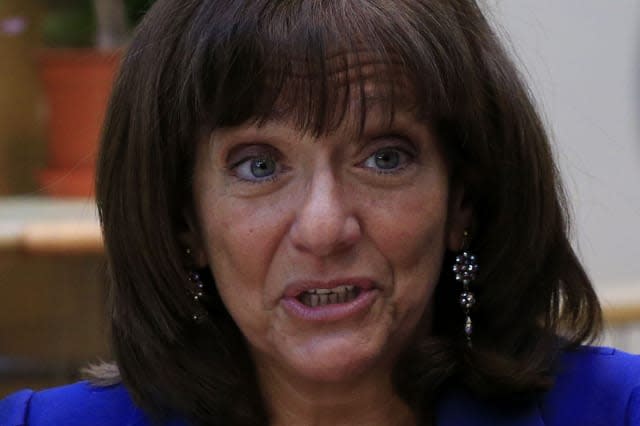Pensions minister hints at more hikes to state pension age

Think you've already had all the bad news you're going to get about the rising state pension age? Think again. Pensions Minister Ros Altmann has hinted that there's likely to be more bad news on its way. People in their late forties and early fifties face retiring not at the age of 67 (according to the current timetable) but at 68.
The review
The danger is posed by a review into the state pension age, which will be published next year. Ever since George Osborne said in 2013 that the idea was for pension to keep pace with longevity, we have known that these regular reviews always had the potential to raise the state pension age.
This particular review will look at what should happen to the state retirement age from April 2028 - the point at which is has reached 67 for both men and women - and the experts said at the outset of the review that they expected retirement ages to rise. Tom McPhail, Head of Retirement Policy at Hargreaves Lansdown said: "We fully expect state pension ages to go up faster than currently planned, and those joining the workforce today are likely to find themselves waiting till their mid-70s."
Yesterday's hint
Altmann added fuel to the fire yesterday when she told the Work and Pensions Committee that the current review would not recommend moving the state pension age above 67 until 2030.
On the face if it, this sounds comforting, until you consider the detail: at the moment, the state pension age is due to reach 68 by 2036 - so starting a rise to 68 in 2030 would mean state pension ages rise far sooner than we were expecting, and people in their late 40s and easy 50s could lose thousands of pounds of state pension.
This would put an enormous spanner in the works for anyone in their 40s and 50s planning their retirement, and could well mean many people have to stop work later. Even worse, it will also add to the incredible confusion surrounding pensions.
This could mean people planning towards the wrong retirement date if they don't keep pace with the changes. It's also likely to mean thousands of people simply give up trying to plan their retirement, because feel they cannot be certain of anything.
What can you do?
The moving goalposts aren't helpful, but you should find out what your projected state pension age is at the moment, so you can plan towards that.
Right now, the state pension age is 65 for men and around 63 for women. Women will see their state pension age continue to rise until it reaches 65 in 2020.
In 2026, the state pension ages of both men and women will begin rising again, so it will reach 67 by 2028. After that, the Labour government said it would reach 68 by 2046, then the coalition accelerated the timetable to 2036.
We will have to wait for the review to see whether the rise to 68 comes earlier, and the timetable for further rises has not been established. But from these figures it's easy to see why the experts are predicting that young people are unlikely to get a state pension until they are at least 70.
Once you have an idea of roughly when you will receive your state pension, you can build in flexibility of one or two years, and begin to plan your retirement carefully.
If there's one thing that all this change should be showing us, it's that we cannot rely on the government to look after us in our old age - and we need to do whatever we can to avoid being left at the mercy of the state pension system.





